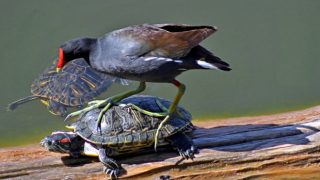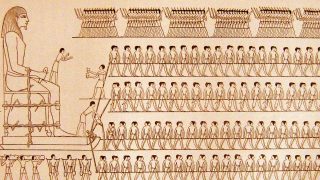
Je ne regrette rien (3): The chimera of a quantum ‘solution’ to the problem of free will
The mysteries of quantum physics have been breeding ground for thousands of attempts to connect any kind of weird hypotheses to ‘science’. The underlying inferential schema in all these attempts seems to be something like the following: X is difficult to understand, and some common-sense intuitions and arguments seem to count against X Quantum physics […]








